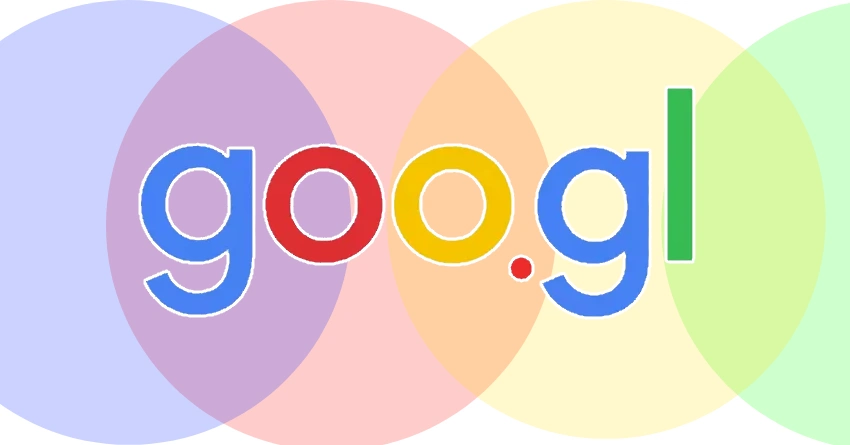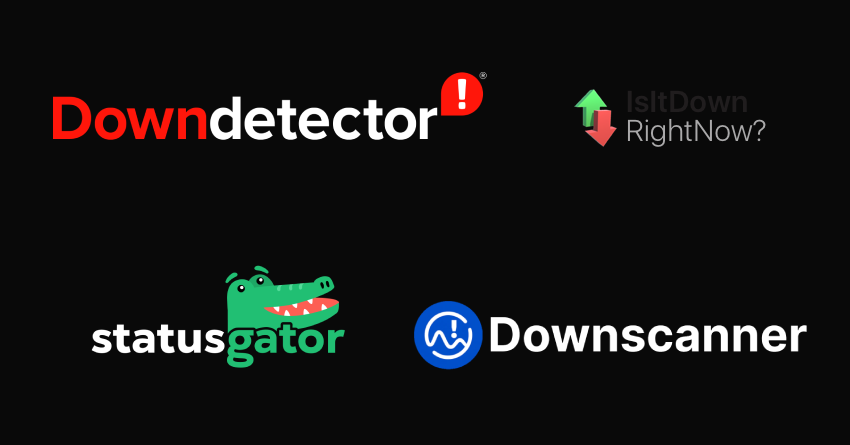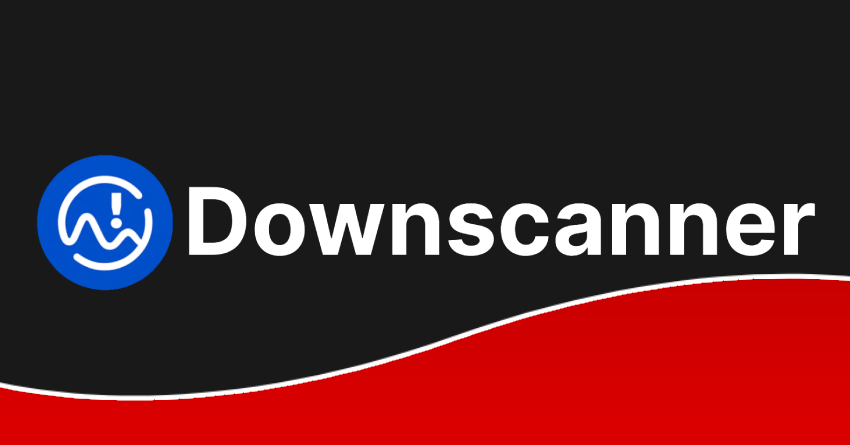Google's goo.gl service stood out for its reliability, analytics, and seamless integration with other Google products. However, after years of gradual deprecation, Google has announced that all goo.gl links will cease to function by August 25, 2025.
A Brief History of goo.gl
Launched in 2009, goo.gl was Google's answer to the growing need for concise, manageable links—especially as social media platforms like Twitter imposed strict character limits. The service quickly gained popularity, not just for shortening unwieldy URLs, but also for providing users with valuable analytics, such as click counts, referrers, and geographic data. For many, goo.gl became the go-to solution for sharing links in emails, on social media, and even in printed materials like QR codes.
Over time, however, the way people shared and consumed content online began to change. The rise of mobile apps, deep linking, and new social platforms shifted the focus from straightforward URL shortening to more sophisticated solutions that could direct users to specific content within apps or websites, depending on their device and context.
The Beginning of the End
In March 2018, Google announced that it would be winding down the goo.gl service. New users were immediately barred from creating shortened links, while existing users were given a year to continue using the service and export their data. Google recommended that users transition to Firebase Dynamic Links (FDL), a more advanced tool designed to handle the complexities of modern app and web navigation.
Despite this transition, Google continued to support existing goo.gl links, allowing them to redirect users to their intended destinations. For a time, it seemed that these legacy links would remain a stable part of the web's infrastructure. However, as of July 2024, Google has made it clear that this grace period is coming to an end.
The Final Shutdown: What's Happening and When
According to Google's latest announcement, all goo.gl links will stop working on August 25, 2025. After this date, any attempt to access a goo.gl URL will result in a 404 error—effectively rendering millions of links across the internet useless. This is not just a technical change; it's a significant moment in the history of the web, as countless blog posts, tweets, emails, and even printed materials will contain dead links.
The shutdown process will begin even earlier. Starting August 23, 2024, users who click on a goo.gl link will be greeted with an interstitial warning page stating, "This link will no longer work shortly." While users can still proceed to the destination, this extra step may disrupt automated workflows, analytics, and the user experience, especially for those who rely on seamless redirects.
Why Is Google Doing This?
There are several reasons behind Google's decision to pull the plug on goo.gl finally:
- Changing User Behavior: The way people share and access content has evolved. Users expect links to open the right content in the right app, regardless of their device.
- Security and Maintenance: Maintaining legacy infrastructure comes with security risks and ongoing costs. By shutting down goo.gl, Google can focus its resources on newer, more secure technologies.
- Encouraging Modern Solutions: Google has long encouraged users to adopt Firebase Dynamic Links and other modern tools that offer richer functionality, such as deep linking and cross-platform compatibility.
- Reducing Abuse: URL shorteners have often been exploited for spam and malicious purposes. By discontinuing goo.gl Google minimizes the risk of its platform being used for harmful activities.
The Impact: Who Will Be Affected?
The shutdown of goo.gl will have wide-ranging effects:
- Webmasters and Marketers: Any website, campaign, or social media post that relies on goo.gl links will need to be updated. This is especially critical for evergreen content, such as blog posts and instructional materials, where broken links can damage credibility and user experience.
- Developers: Automated systems, APIs, and apps that depend on goo.gl redirects will need to be reconfigured. The interstitial warning page, in particular, may break specific workflows or analytics setups.
- General Users: Everyday users who have shared goo.gl links in emails, documents, or on social media will find that these links no longer work after the cutoff date.
What Should You Do Now?
If you have used goo.gl links in the past, now is the time to act:
- Audit Your Content: Identify all instances where you have used goo.gl links—on your website, in emails and on social media.
- Update Links: Replace goo.gl URLs with alternatives from other URL shorteners, such as Bitly or Ow.ly. If possible, use direct links to your content to avoid future disruptions.
- Communicate with Your Audience: If you have distributed goo.gl links widely, inform your audience about the upcoming change and provide updated links where necessary.
- Monitor for Disruptions: Be aware that the interstitial warning page may affect how your links are displayed and tracked, especially on social media platforms.
Alternatives to goo.gl
While the end of goo.gl may be inconvenient, there are plenty of alternatives available:
- Bitly: One of the most commonly used URL shorteners, it provides helpful analytics and allows for customization.
- Ow.ly: Integrated with Hootsuite, ideal for social media managers.
- TinyURL: A simple, no-frills option for quick link shortening.
The shutdown of Google's goo.gl URL shortener marks the end of an era. While it's always sad to see a trusted tool disappear, this change reflects the ongoing evolution of the internet and the need for more sophisticated solutions.



